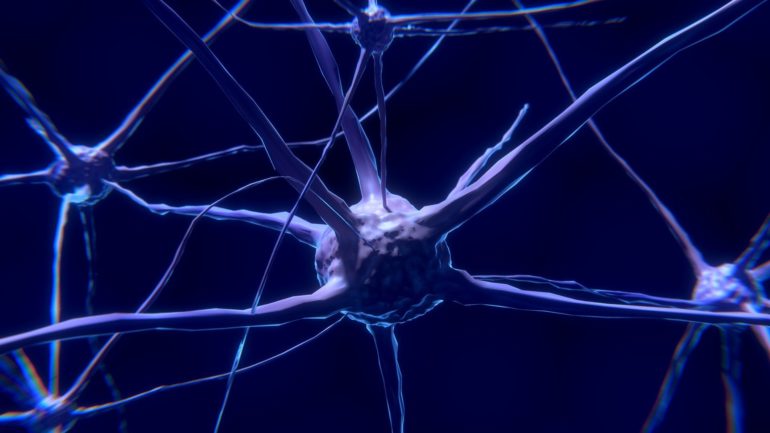One trait shared by all humans is that they don’t remember specific life episodes that occurred before the age of 3 or 4. Many scientists have attributed this so-called “infantile amnesia” to a lack of development in the hippocampus, an area of the brain located in the temporal lobe that is crucial to encoding memory.
However, a new brain imaging study by Yale scientists shows that infants as young as three months are already enlisting the hippocampus to recognize and learn patterns. The findings were published May 21 in the journal Current Biology.
“A fundamental mystery about human nature is that we remember almost nothing from birth through early childhood, yet we learn so much critical information during that time—our first language, how to walk, objects and foods, and social bonds,” said Nick Turk-Browne, a professor of psychology at Yale and senior author of the paper.
For the new study, the Yale team used a new functional magnetic resonance imaging(fMRI) technology to capture activity in the hippocampus in 17 babies, aged three months to two years old, as they were presented two sets of images on a screen. One set of images appeared as a structured sequence containing hidden patterns that could be learned. In the other, images appeared in a random order that offered no opportunity for learning. After the babies were shown these two sets of images several times, the hippocampus responded more strongly to the structured image set than to the random image set.
What might be happening, Turk-Browne said, is that as a baby gains experience in the world, their brain searches for general patterns that help them understand and predict the surrounding environment. This happens even though the brain is not equipped to permanently store each individual experience about a specific moment in space and time—the hallmark of episodic memory that is also lost in adult amnesia.
The strategy makes sense because learning general knowledge—such as patterns of sounds that make up the words in a language—may be more important to a baby than remembering specific details, such as a single incident in which a particular word was uttered.
The size of the hippocampus doubles in the first two years of life and eventually develops connections necessary to store episodic memories, Turk-Browne said.
“As these circuit changes occur, we eventually obtain the ability to store memories,” he said. “But our research shows that even if we can’t remember infant experiences later on in life, they are being recorded nevertheless in a way that allows us to learn from them.”
Yale’s Cameron Ellis is first author of the study, and this research was included in his recently completed and award-winning Ph.D. dissertation.
Babies pay attention with down payment from immature brain region
Citation:
Brain’s memory center stays active during ‘infantile amnesia’ (2021, May 21)
retrieved 23 May 2021
from https://medicalxpress.com/news/2021-05-brain-memory-center-infantile-amnesia.html
This document is subject to copyright. Apart from any fair dealing for the purpose of private study or research, no
part may be reproduced without the written permission. The content is provided for information purposes only.



